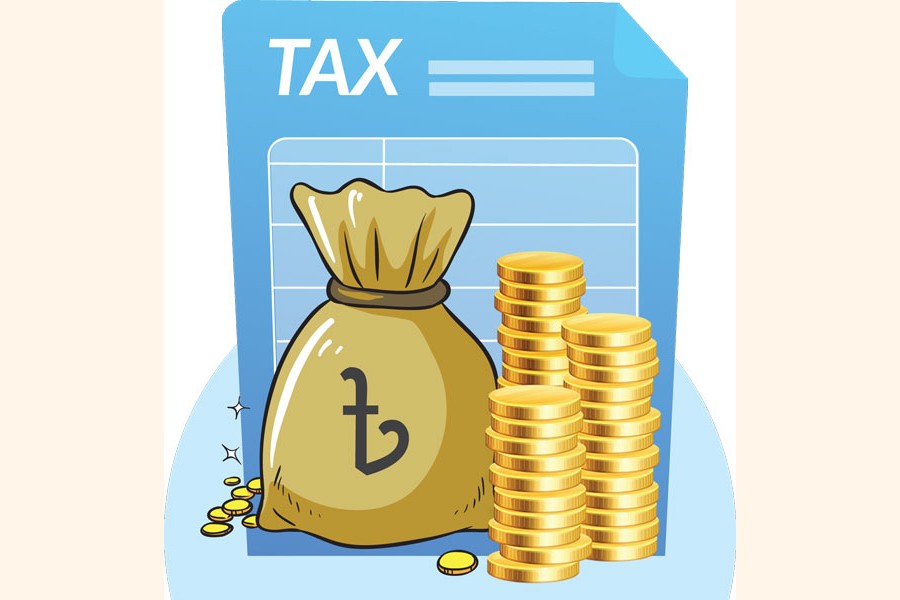
Published :
Updated :

With the internet blackout and nationwide shutdown comes a host of problems for internal revenue generation. According to a report published in this newspaper on July 22: "State exchequer counts an estimated domestic revenue loss of Tk 8.73 billion daily as production, trade and services falter for the ongoing nationwide quota-protest shutdown coupled with internet blackout." The domino effect on production, trade and services due to the cumulative loss of internet access, production and distribution of products and the halting of digital services is contributing to this loss in revenue.
The stakes could not be higher for the economy right now. The volatility on city streets and in various districts around the country will hopefully see some respite as the Appellate Division has delivered its verdict on the quota situation. The gazette publication of the same should take place as soon as possible, and then the question will come whether this will lead to a negotiated settlement with protesters.
Leaving that aside, the current situation has brought economic activity down to a trickle. As stated by revenue officials, a large portion of revenue generation comes from value-added-tax (VAT) on products and services. The internet blackout has hit revenue hard since millions of people use digital services, both on cell phones and broadband. Financial institutions have by and large gone online with their services, as have utility services (gas, water, electricity). Hence, there are serious financial implications to shutting down internet services in the country.
Since VAT collection forms a cornerstone of direct revenue for the National Board of Revenue (NBR), there is simply no way to take this matter lightly. The hospitality industry with its thousands of restaurants, hotels and inns, vacation resorts all depends on daily sales of services. These have taken a serious hit because an increasing percentage of consumers depend on credit / debit card facilities to make payment. With the onset of curfews, few people are venturing out and most commercial establishments have shuttered their shops, not simply due to the fact that there are few people coming, but there are serious security concerns. The relative security enjoyed by the diplomatic enclave is not enjoyed by the rest of Dhaka residents, and why on earth would establishment owners bother to keep their respective shops open when there is serious supply chain disruption?
Moving on, Chattogram Customs House (CCH) ordinarily collects Tk 1.86 billion per day. Indeed, CCH's annual revenue collection in the just-concluded financial year was Tk 680 billion. According to an analysis by this newspaper, the revenue board may suffer a loss up to Tk 3.19 trillion - a mammoth loss! Of course this is not the final tally. With disruption of digital services, customs officials have instructed stations across the country to accept any bank document on releasing perishable items and this makes sense.
It is essential at this time to keep the supply chain for foodstuffs flowing because the main wholesale markets in the city, including Kawran Bazaar which serve as a hub for other retail markets in the city, have been suffering from intermittent supply of various items including vegetables. Indeed, price per kilogram of green chilli (a wholly domestically produced essential food) has shot up to Tk 600/kg. Better it is to forget about revenue loss and keep the goods flowing. This is a national priority. Stock taking on the revenue part can be done later. Imports of raw materials (including food and industrial inputs) need to clear customs on a war-footing so that essentials can get to people and factories can keep operating.
mansur.thefinancialexpress@gmail.com


 For all latest news, follow The Financial Express Google News channel.
For all latest news, follow The Financial Express Google News channel.